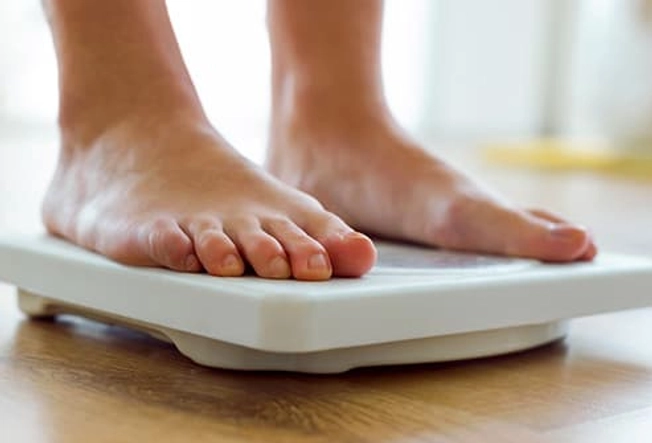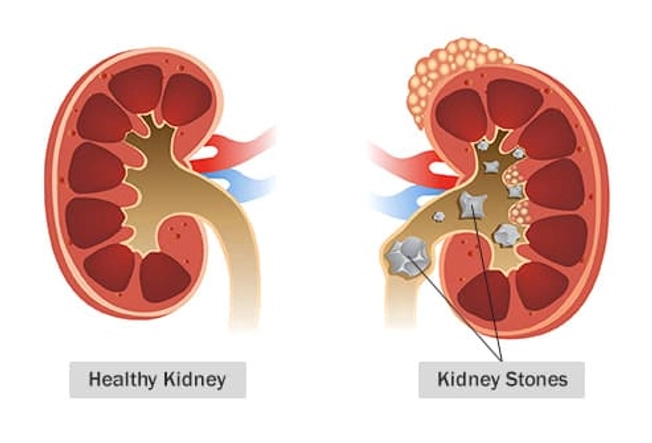
Understanding the Ketogenic Diet: A Comprehensive Guide to Keto for Beginners
Struggling to understand the ketogenic diet? This in-depth guide provides a clear and concise overview of the keto diet, its potential benefits, and important considerations before starting. Learn how keto works, who might benefit, and potential side effects.
What is the Ketogenic Diet? A Low-Carb Approach
The ketogenic diet, often called "keto," is a low-carbohydrate, high-fat diet similar to the Atkins diet. The primary goal is to shift your body's primary fuel source from carbohydrates to fat. This involves drastically reducing your intake of easily digestible carbs, such as sugary drinks, processed pastries, and white bread.
How Does Ketosis Work? Burning Fat for Fuel

By limiting carb intake to under 50 grams per day, the body depletes its glycogen (stored glucose) reserves within 3-4 days. Consequently, the body begins to break down stored fat into ketones, using them as an alternative fuel source. This metabolic state is called "ketosis" and is essential for weight loss on the keto diet. It's worth emphasizing that keto is generally viewed as a short-term weight loss strategy, rather than a long-term health plan.
Who Should Consider the Keto Diet?
While commonly used for weight loss, the keto diet may offer benefits for specific medical conditions.
- Weight Loss: Keto can result in faster weight loss initially compared to some other diets.
- Epilepsy: The ketogenic diet has a long history of managing seizures, dating back to the 1920s.
- Other Conditions: Preliminary research indicates possible benefits for heart disease, certain brain diseases, and acne.
Important Note: Always consult your doctor before commencing a keto diet, especially if you have type 1 diabetes or other pre-existing health conditions.
Keto Diet and Weight Loss: Does It Really Work?

The initial weight loss seen on keto might be attributed to the increased energy expenditure required to convert fat into energy. Furthermore, the high-fat and high-protein content may promote satiety, potentially reducing overall calorie intake. However, more research is needed to confirm this.
Potential Health Benefits of a Ketogenic Diet
Beyond weight loss, the ketogenic diet is being explored for its potential therapeutic effects:
- Cancer: Lower insulin levels, a result of keto, might offer protection against certain cancers or slow cancer cell growth, though more research is crucial.
- Heart Disease: Keto diets may improve cholesterol levels by raising "good" (HDL) cholesterol and lowering "bad" (LDL) cholesterol, potentially reducing the risk of heart-related issues.
- Acne: Reducing carbohydrate intake and insulin levels may help alleviate acne breakouts.
- Diabetes: Low-carb diets can help stabilize blood sugar levels compared to other dietary approaches.
- Epilepsy: Keto is a well-established treatment for managing seizures in individuals with epilepsy.
- Nervous System Disorders: Emerging research suggests keto may benefit Alzheimer's, Parkinson's, and sleep disorders by protecting brain cells.
- Polycystic Ovary Syndrome (PCOS): By lowering insulin levels, keto may help manage PCOS, especially when combined with exercise and weight loss.
- Exercise Performance: Keto may enhance endurance in athletes by improving the muscle-to-fat ratio and increasing oxygen utilization. However, it may not be optimal for peak performance compared to other diets.
Potential Keto Diet Side Effects You Need to Know

Be aware of possible side effects:
- Common side effects: Constipation, mild hypoglycemia (low blood sugar), and indigestion.
- Less Common side effects: Kidney stones or acidosis (high levels of acid in the body).
- "Keto Flu": Headache, weakness, irritability, bad breath, and fatigue are also possible during the initial adaptation phase.
Important Considerations Before Starting Keto

The ketogenic diet can strain the kidneys as the body metabolizes fat. If you are obese or have pre-existing conditions such as diabetes, heart disease, or high blood pressure, proceed with caution. Make any dietary changes gradually and under the close supervision of your healthcare provider. Always consult with your doctor or a registered dietitian before making significant changes to your diet.









